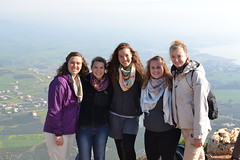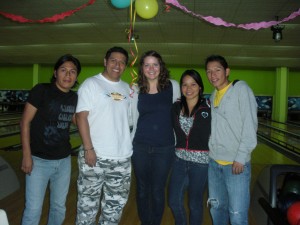Introduction to the desert…and pruning
John 5:1-8 "I am the true vine, and my Father is the gardener. 2 He cuts off every branch in me that bears no fruit, while every branch that does bear fruit he prunes[a] so that it will be even more fruitful. 3 You are already clean because of the word I have spoken to you.4 Remain in me, as … Continue Reading ››



